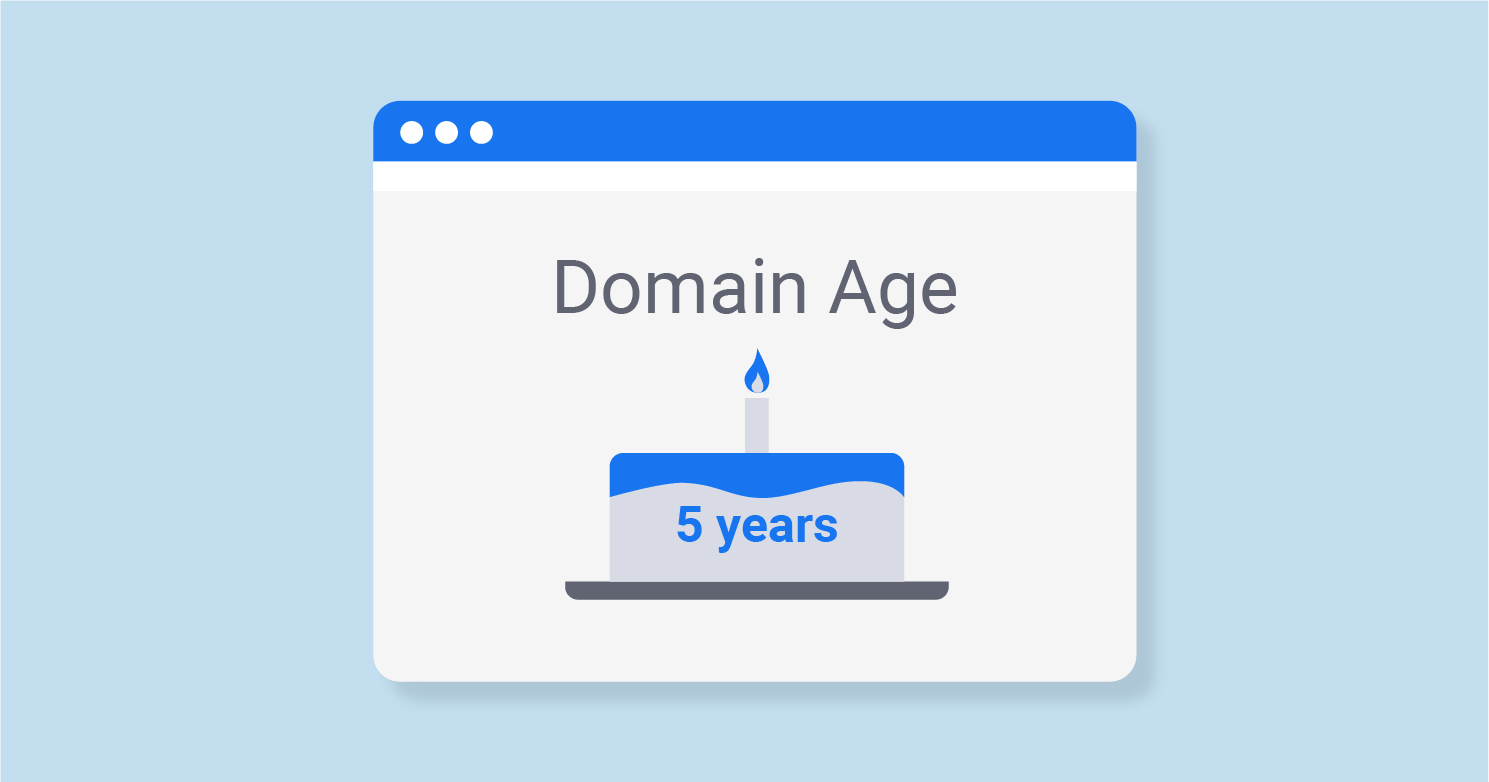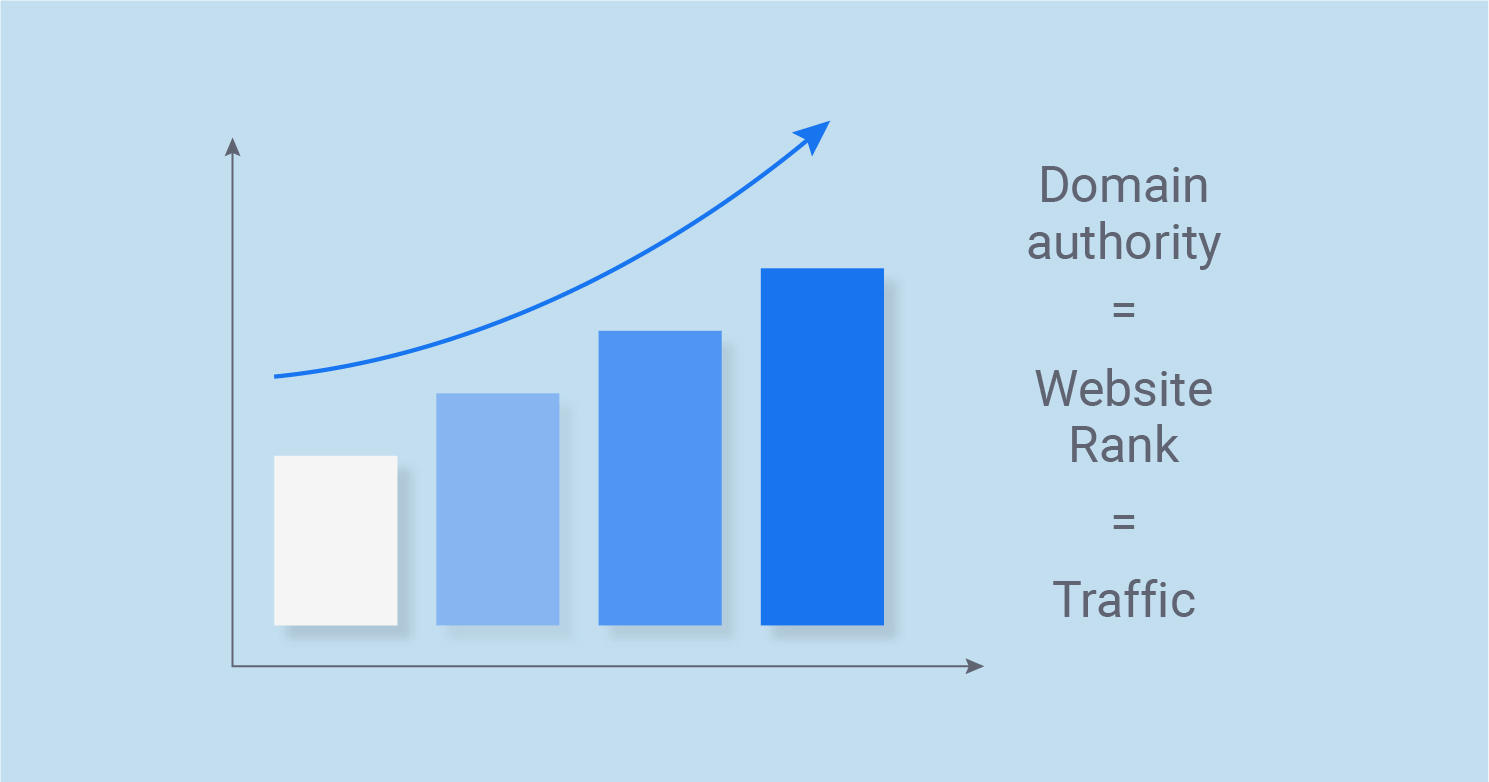The older the wiser. Or to be more precise, 'another year older, another year wiser'.
On the internet, the older a domain name gets, the more it should be respected. According to SERPWoo, an search engine results page checker, the domain age for the top 20 websites on the internet hardly had any domains that were under 1 year old - like almost zero.
"The thing is, it was rare the domain was within the top 10."
Search engines do look at domain age just because if something has been up on the internet for a long time, that website that represents the domain must probably published quality contents. In other words, the website should have experienced and endured the harsh reality of internet competition, and survived.
It also means that the site is up because of a reason, and it's not just any spam sites that go up and then disappear from the radar.

Breaking this in more details:
- Big brands that have established a strong foundation and fans, and have been on the internet for quite a while, should have a high visibility on the web, and should influence search engines.
- Well-established websites are more likely to own old domain names. So by reverse logic, an old domain should mean that the site is well established.
- Older websites can benefit from short-tail keywords. If properly managed and maintained, they should have engaged with more specific keywords before others followed.
- If active in delivering new posts, websites with old domain names should have more pages crawled and indexed by search engines, and more backlinks.
- Spammers tend to register and drop domains quickly. What this means, spam websites should have a higher chance of having newly registered domain names.
This is somehow a contrast to what John Mueller from Google once said. On Twitter, he answered "no" when he was asked whether domain age matters for ranking in Google's search results.
What this means, domain age factor is both overestimated and misinterpreted. One of which, is because domain registration date cannot speak for either quality or trustworthiness of a website, for reasons like:
- Domains can be registered, but never used for a long time (parked domains).
- New domains can be used for highly established companies (with the old domain using 301 redirect to the new one).
- Domain name can be used for illegitimate purposes for years, to then be sold to a “good” person/company but without any change of the initial registration date.
The verdict is that, domain age do matter, but the opinion may vary from one owner to another for the above reasons.

To be more specific, domain age do carry more weight due to their past records. And this can be a thing to consider by search engines. But then again, it's also the past records that will/can affect their ranking in a bad way.
While websites with old domain names with a good history should have a slight advantage when it comes to SEO, it doesn't mean that new websites with newer domains can't compete. There are certainly strategies the new domain owners can do to thrive, or even defeat their elderly.
Some of the ways include:
- Have a solid business and marketing plan.
- Work harder and create more posts.
- Create viral contents, with some really killer content pieces. This is because not all high quality content pieces are killer contents.
- Get powerful backlinks from quality and authoritative websites.
- Amplify the brand and domain by partnering with news websites, social media networks, influencers and others.
- Have carefully planned offline marketing strategy, and create word-of-mouth marketing.